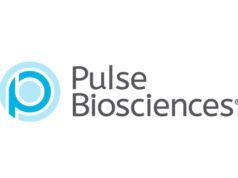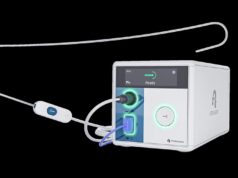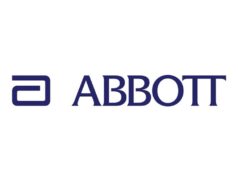 Sequana Medical NV has announced that the first patient has been enrolled in the MOJAVE study, a randomised controlled Phase 1/2a study in the USA, evaluating the safety and efficacy of the Company’s second-generation in diuretic-resistant DSR product (DSR 2.0) chronic heart failure patients with persistent congestion.
Sequana Medical NV has announced that the first patient has been enrolled in the MOJAVE study, a randomised controlled Phase 1/2a study in the USA, evaluating the safety and efficacy of the Company’s second-generation in diuretic-resistant DSR product (DSR 2.0) chronic heart failure patients with persistent congestion.
The study will start with a non-randomised cohort of three patients treated with DSR 2.0. Progress to the randomised cohort of up to 30 additional patients depends on approval from the Data and Safety Monitoring Board (DSMB) following their review of the non-randomised cohort data, planned for quarter four 2023.
Oliver Gödje, chief medical officer of Sequana Medical, commented: “We are excited to commence this important study that builds on the strong clinical evidence already reported for our DSR programme. With our MOJAVE study, we seek to confirm the strong safety and efficacy data observed in our RED DESERT and SAHARA studies and look forward to reporting data from the first three patients by end of the year.”
Ian Crosbie, chief executive officer of Sequana Medical, commented: “Heart failure is the leading cause of US hospitalisations in patients over 65 years old, with approximately one million admissions each year of which 90% are due to symptoms of fluid overload. Diuretic-resistance is widespread with nearly half of these patients leaving hospital with persistent congestion, and one in four readmitted within 30 days of discharge. There is an urgent need for new therapies that safely and effectively eliminate congestion and improve clinical outcomes, and we believe DSR has the potential to be a disease-modifying heart failure therapy for these patients.”
The non-randomised cohort consists of three eligible patients who will be treated with DSR 2.0, administered via a peritoneal dialysis (PD) catheter, on top of optimised usual care for congestive heart failure for up to four weeks, followed by a three-month safety follow-up period.
Following review and approval of the non-randomized cohort data by the DSMB, patients will be enrolled in the multicentre randomised cohort. The intention is for up to 20 randomised patients to be treated with DSR 2.0, administered via a PD catheter, on top of optimised usual care for congestive heart failure for up to four weeks and for up to ten randomised patients treated with intravenous loop diuretics alone as part of maximised usual care for congestive heart failure. Following four weeks of treatment, there is a three-month safety follow-up period.
Primary and secondary safety and efficacy endpoints include the rate of adverse and serious adverse events and the improvement in diuretic response (measured as a six-hour urine sodium output) from baseline through the end of the treatment period. Exploratory endpoints measured from baseline through the end of the treatment period include change in weight (volume status), creatinine (a marker of renal function), natriuretic peptides (a marker of heart failure) and New York Heart Association (NYHA) functional class; and the number of heart failure related rehospitalisations.









